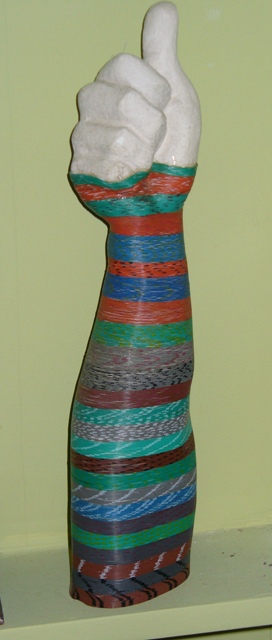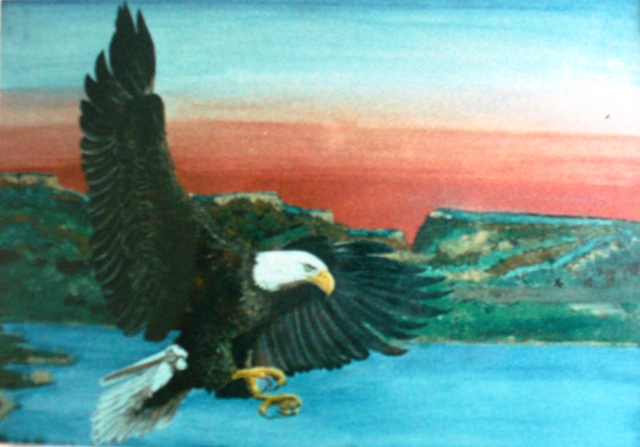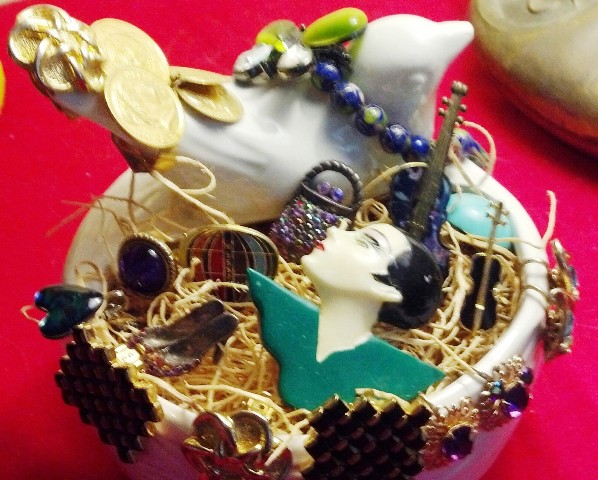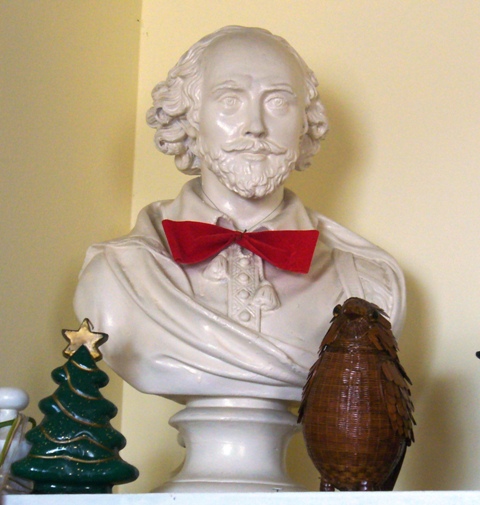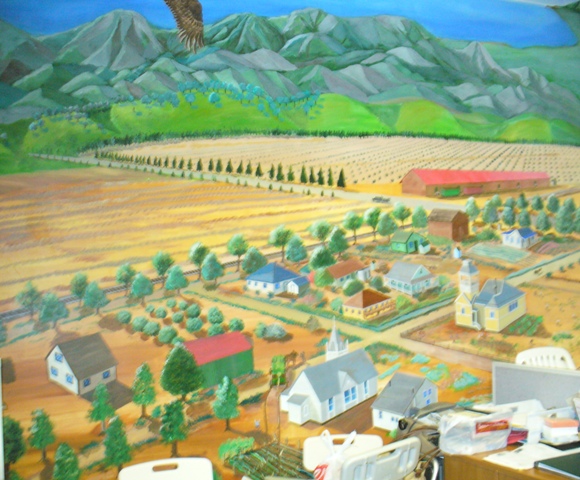Got to figure two-three hours
pacing the gray carpet tiles
under bright fluorescent lights
as customer voices echo and
clash like cymbals around the room.
pacing the gray carpet tiles
under bright fluorescent lights
as customer voices echo and
clash like cymbals around the room.
It's your fate to wait.
To scan walls lined with
tech gear and cell phone cases.
Tug at tethered phones
locked on pedestals
with finger-smudged faces.
To scan walls lined with
tech gear and cell phone cases.
Tug at tethered phones
locked on pedestals
with finger-smudged faces.
Geeks speak of two-for-one deals.
You buy in for Pay-as-you-go.
First, wrest your account
from a flailing carrier, and
mumble a fictional why.
You buy in for Pay-as-you-go.
First, wrest your account
from a flailing carrier, and
mumble a fictional why.
Grab your top secret number
on your very first try.
Feel a flutter, a thrill,
in moving on.
But, then, the minutes ... tick ... off.
Tick off, and all is slow motion.
You plead, "Can I just go?"
A geek peeks from a tablet and says,
"Um, no."
Tick off, and all is slow motion.
You plead, "Can I just go?"
A geek peeks from a tablet and says,
"Um, no."
As he cracks a puzzling electronic form,
the geek mutters, "Can't talk."
into his own phone.
And you feel torn,
never to see the last light of day.
"Can I get a dinner break?" you say.
And hear, "Oh, we're almost done."
the geek mutters, "Can't talk."
into his own phone.
And you feel torn,
never to see the last light of day.
"Can I get a dinner break?" you say.
And hear, "Oh, we're almost done."
But there are data bytes to run
into your brand new groove.
You trail a meandering App Store clerk
and install your top ten.
into your brand new groove.
You trail a meandering App Store clerk
and install your top ten.
Finally, you breathe, "Amen!"
The new phone is so cool.
True, the Off and Volume buttons fool.
But, new ringtones will turn a head.
It's just buying a phone that I dread.
True, the Off and Volume buttons fool.
But, new ringtones will turn a head.
It's just buying a phone that I dread.
by Reggie Morrisey (2016)
